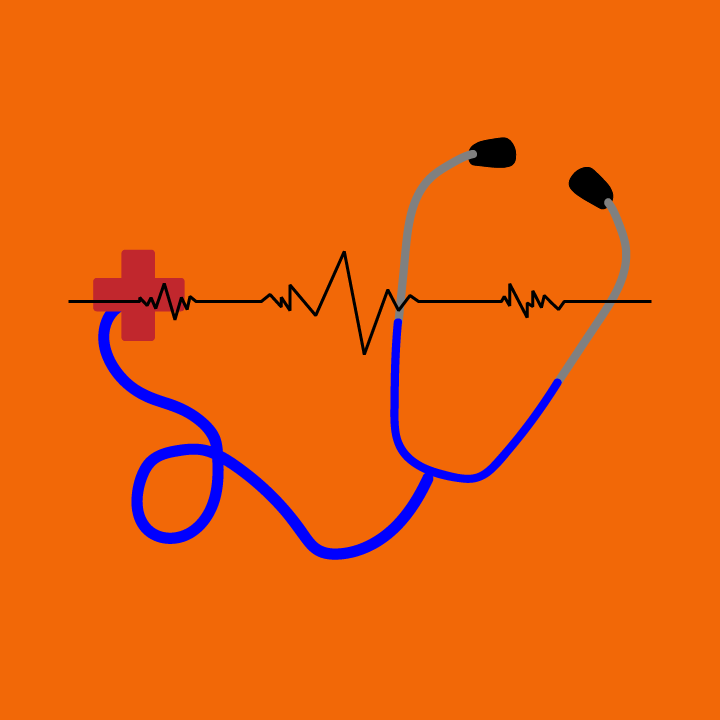Why kicking an addiction is more than just quitting; the importance of self-improvement to recovery
Regardless of what someone becomes addicted to, be it drugs, food, or a computer game, there are usually underlying causes that have led to the addiction developing. So, it makes sense that when the addict chooses to try and break their addiction, it is not just the addiction that needs to be addressed but also the underlying causes. Without doing this, the person is far more likely to fall back into their habit. Thankfully there are many routes to self-improvement that can be used in the fight to overcome addiction.
Talking therapy can be a valuable tool for uncovering deep-seated issues that have eroded a person’s confidence and mental health and pushed them into escapism that became a dangerous addiction. Whether you choose to use a psychologist or a trained counselor, they will work to improve your mental health, giving you much-needed strength to break that addiction. Therapists are also there for you once you’ve broken the addiction but are perhaps still struggling with old triggers or when other stresses arise that could become triggering so that you can develop coping mechanisms to overcome them.
Rehab centers can be a scary thought, but they aren’t just there for those at the lowest ebb of their addiction issues. Rehabs are also designed to help you learn how to deal with day-to-day life after addiction so that you don’t need their services again. An Arizona Rehab Center will also provide outpatient services to provide that ongoing support while you reintegrate into the community. Being in a rehab facility also lets you see others who are at different stages of recovery than yourself, letting you look back at how far you’ve come and forwards to where you will soon be.
A general improvement to mental health is beneficial for anyone, especially when dealing with deeper issues. As well as therapy and addiction-specific help, look at other approaches to balancing the mind, such a meditation and mindfulness, which can be practiced in a group setting or alone in a quiet moment. Many people’s addictions stem from trying to escape the noise in their heads. The practices of meditation and mindfulness work to help you calm that internal noise and reset your mind, thus allowing you to step away from chaotic thoughts that have become overwhelming and, therefore, harmful to your mental health.
As well as working on your mental health, paying attention to your physical health is very important, too, especially if you’re fighting an addiction that has a particularly detrimental effect on it. Start small and gentle; if you’re coming off drugs or alcohol, a heavy gym session will not go well. Instead, opt for gentle exercise such as a yoga class or join a walking group (classes and groups have an added social benefit that will lift your mood). As you see improvement in your fitness and overall health, look at finding other activities in which to get involved.






